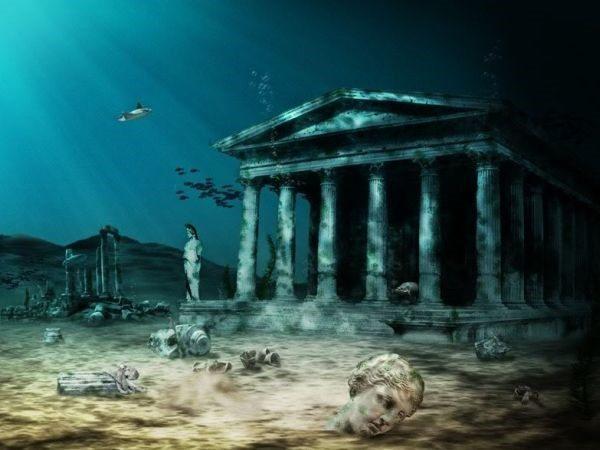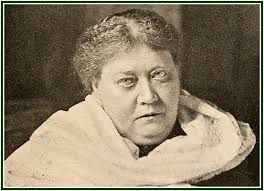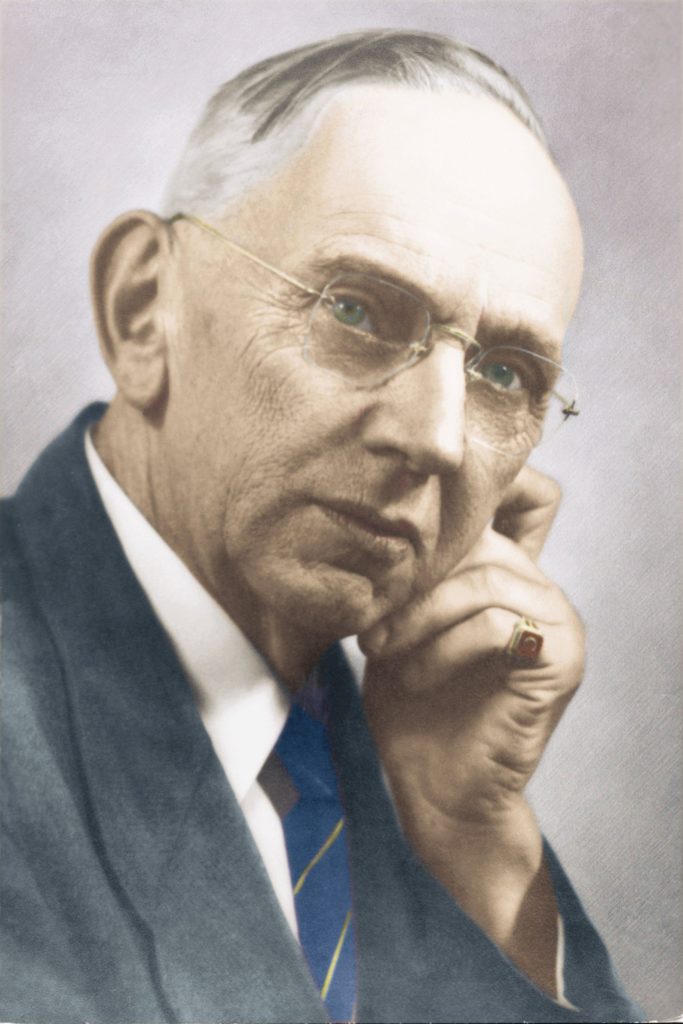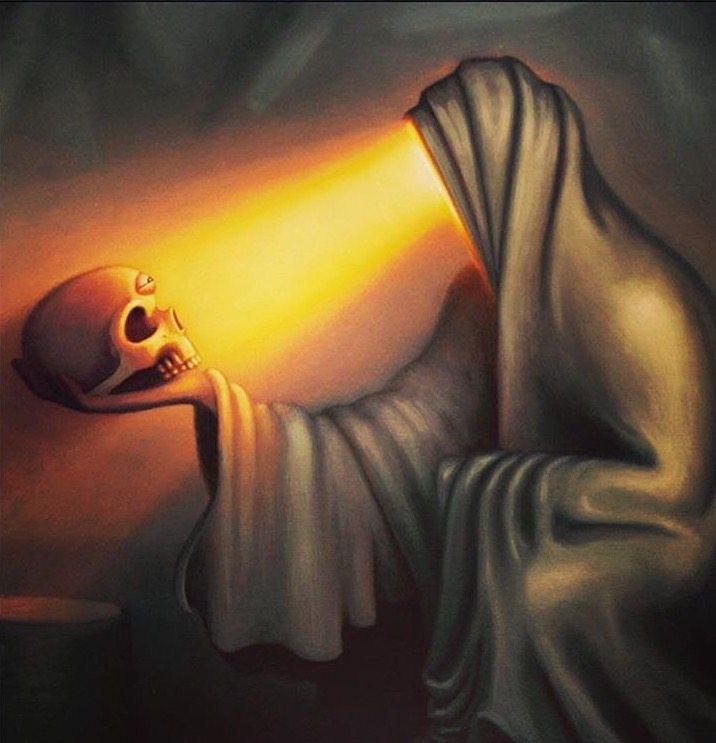Atlantis
When exploring the ancient mystery traditions it is critical that we examine Atlantis. The Rosicrucians include this lost civilization as part of their traditional time line. In fact, many western esoteric organizations believe that in Atlantis once stood a great university, one of the first mystery schools where most of the arts and sciences originated.
For decades researchers and scholars have argued over the existence of the so called “Mother of Empires” but it was Plato’s description of Atlantis first in Timaeus and later in Critias that revived the story of this great empire for centuries to come.

The legend informs us of an ancient civilization that not only predated dynastic Egypt but possessed a vast technological, scientific, and spiritual knowledge. It has since vanished off the map.
“The famous Atlantis exists no longer, but we can hardly doubt that it did once…”
– Helena P. Blavatsky, Excerpts from Book II – Part II – Antropogenesis

“Atlantis, therefore, is the archetype of the pattern of government, which existed in ancient days but was destroyed…”
– Manly P. Hall

In his work, Plato recounts his elder Solon’s story of an Egyptian priest who tells him about the great Atlantean empire. He describes Atlantis as an island that had rule over Lybia, Europe, Egypt, and Tyrrhenia (Italy).
Atlantis is described as a utopia where advanced beings dwell and live a moral life. As in any great empire after them, the Atlanteans become corrupt and wage wars. They go to war with Athens and lose. The Atlantean empire is destroyed and sinks beneath the ocean floor.
It is quoted in Critias that “For which reason the sea in those parts is impassable and impenetrable, because there is a shoal of mud in the way; and this was caused by the subsidence of the island.”
Plato tells us that the destruction of Atlantis happened 9000 years before the Christian era.

The Location of Atlantis
Another Greek philosopher of similar era, Herodotus explains that near a salt hill is a mountain named atlas and that this salt hill is at a distance of twenty days from the Garmantians.
In her work Anthropogenesis, Helena Blavatsky commonly referred to as Madame Blavatsky writes about how the Hindu Puranas also describe continents and islands far away from Western Africa thus describing the once thriving Atlantis.

The “Sleeping Prophet”, Edgar Cayce, states that the content of Atlantis is situated in between the Gulf of Mexico and the Mediterranean sea. In his readings Cayce mentions that the two principal islands are Poseidia and Aryan.

The Question of Morals
Mainstream academia believes that Plato’s story was simply a fable or allegory that conveyed the need for a morally and pure political utopia. To the scholars the idea of Atlantis was simply and idealistic conception of an advanced society.
In Plato’s writings it can be truthfully seen that he makes no statement saying or hinting that the story of Atlantis is merely a well concocted story.
If Atlantis really did exist will its remnants surface at some point or have they already? At the very least should it serve as a lesson for the modern mankind to evolve our ways as to not end up as the great Atlanteans did?
Recommend Reading for Additional Research;
Helena P. Blavatsky, 1888
Excerpts from Book II – Part II – Anthropogenesis
Sir Frances Bacon, The New Atlantis
Herodotus (ca. 480–420 BCE), The Histories
Plutarch (46–120 CE), Life of Sertorius
Diodorus Siculus (90–30 BCE), The Library of
History
Aelian (175–235 CE), Various Histories
Proclus (412–485 CE), Commentary on Plato’s
Timaeus
Ignatius Donnelly, Atlantis: The Antediluvian
World
Ella Wheeler Wilcox, S.R.C. (1850 – 1919), The
lost Land
Edgar Cayce’s Atlantis: Edgar Cayce Foundation
Jules Verne, 1869–71, Twenty-Thousand Leagues
under The Sea
Fiona Eunice Wait, Yermah The Dorado: The Story Of
A Lost Race
Steven Armstrong, Beyond The Western Seas: The
Quest For Atlantis Continues
Angelos Georgiou Galanopoulos and Edward Bacon,
Atlantis: The Truth Behind the Legend
Frederick Spencer Oliver, A Dweller on Two
Planets, or, The Dividing of the Way by Phylos the
Thibetan
Raising A Legend: Atlantis, the Fabled Lost
Continent Chronicled by Plato, Has Been
Found—Again and Again,” Time Magazine European
Edition,
Gregory Little, Lora Little, and John Van Auken,
Edgar Cayce’s Atlantis
Andrew Collins, Gateway to Atlantis: The Search
for the Source of a Lost Civilization.
Howard Phillips Lovecraft, At the Mountains of
Madness, and Other Novels.
Edgar Allan Poe, The Narrative of Arthur Gordon
Pym of Nantucket
Richard A. Schultz, Ph.D., F.R.C. and Otu
Ekpo–Otu, P.G., F.R.C: Atlantis and The Evolution
Of Humanity
Wishar Cerve, Lemuria: The Lost Continent of the
Pacific, excerpts on Atlantis




